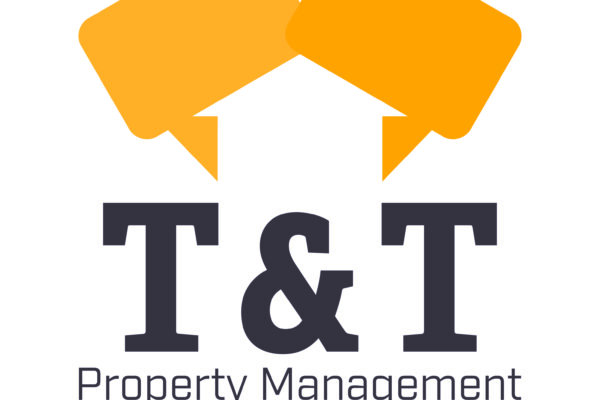5 Signs You Need A New Property Management Company 03/02/2025
If you’re a landlord and are using a property management company, it’s essential to ensure that they’re doing their job effectively. If you’re noticing any of the following signs, it might be time to consider a change:
1. Lack of Communication
- Delayed Responses: If your property management company is consistently hard to reach or takes a long time to respond to your emails, calls, or messages, this could be a sign they’re not prioritizing your property.
- Poor Updates: Regular updates on the status of repairs, rent collection, or tenant issues are essential.
2. High Tenant Turnover
- Inconsistent Rent Collection: If tenants are moving out frequently or the company is unable to secure reliable tenants, it could indicate poor tenant screening or management practices.
- Tenant Complaints: If you’re receiving regular complaints about maintenance issues or poor communication with tenants, it suggests the company might not be taking the proper steps to keep tenants happy and in the property long-term.
3. Neglecting Property Maintenance
- Delays in Repairs: A good property management company should address maintenance requests quickly.
- Substandard Service Providers: If the company is using unreliable or low-quality contractors that do subpar work, it’s time to reconsider their approach.
4. Financial Mismanagement
- Inconsistent Rent Payments: If your property management company is not making timely rent payments or is regularly inconsistent with their financial reports.
- Lack of Transparency in Billing: You should be receiving clear and timely financial reports. If the company’s financial reporting is vague, incorrect, or they’re constantly missing deadlines.
5. Failure to Comply with Legal Requirements
- Ignoring Local Regulations: If your property management company is not staying up to date with changes in local landlord-tenant laws, or if they’re failing to properly handle legal notices or disputes.
- Disregard for Fair Housing Laws: Any missteps in following tenant rights or discriminatory practices could land you in serious legal trouble, and a good property manager should have a strong grasp on fair housing laws and regulations.
If you’re seeing any of these issues, it might be time to have a conversation with your property management company, or consider seeking a new one that can better handle the demands of your property.
Have you been experiencing any of these issues with your property management?
If you’re a landlord and are using a property management company, it’s essential to ensure that they’re doing their job effectively. If you’re noticing any of the following signs, it might be time to consider a change:
1. Lack of Communication
- Delayed Responses: If your property management company is consistently hard to reach or takes a long time to respond to your emails, calls, or messages, this could be a sign they’re not prioritizing your property.
- Poor Updates: Regular updates on the status of repairs, rent collection, or tenant issues are essential.
2. High Tenant Turnover
- Inconsistent Rent Collection: If tenants are moving out frequently or the company is unable to secure reliable tenants, it could indicate poor tenant screening or management practices.
- Tenant Complaints: If you’re receiving regular complaints about maintenance issues or poor communication with tenants, it suggests the company might not be taking the proper steps to keep tenants happy and in the property long-term.
3. Neglecting Property Maintenance
- Delays in Repairs: A good property management company should address maintenance requests quickly.
- Substandard Service Providers: If the company is using unreliable or low-quality contractors that do subpar work, it’s time to reconsider their approach.
4. Financial Mismanagement
- Inconsistent Rent Payments: If your property management company is not making timely rent payments or is regularly inconsistent with their financial reports.
- Lack of Transparency in Billing: You should be receiving clear and timely financial reports. If the company’s financial reporting is vague, incorrect, or they’re constantly missing deadlines.
5. Failure to Comply with Legal Requirements
- Ignoring Local Regulations: If your property management company is not staying up to date with changes in local landlord-tenant laws, or if they’re failing to properly handle legal notices or disputes.
- Disregard for Fair Housing Laws: Any missteps in following tenant rights or discriminatory practices could land you in serious legal trouble, and a good property manager should have a strong grasp on fair housing laws and regulations.
If you’re seeing any of these issues, it might be time to have a conversation with your property management company, or consider seeking a new one that can better handle the demands of your property.
Have you been experiencing any of these issues with your property management?










